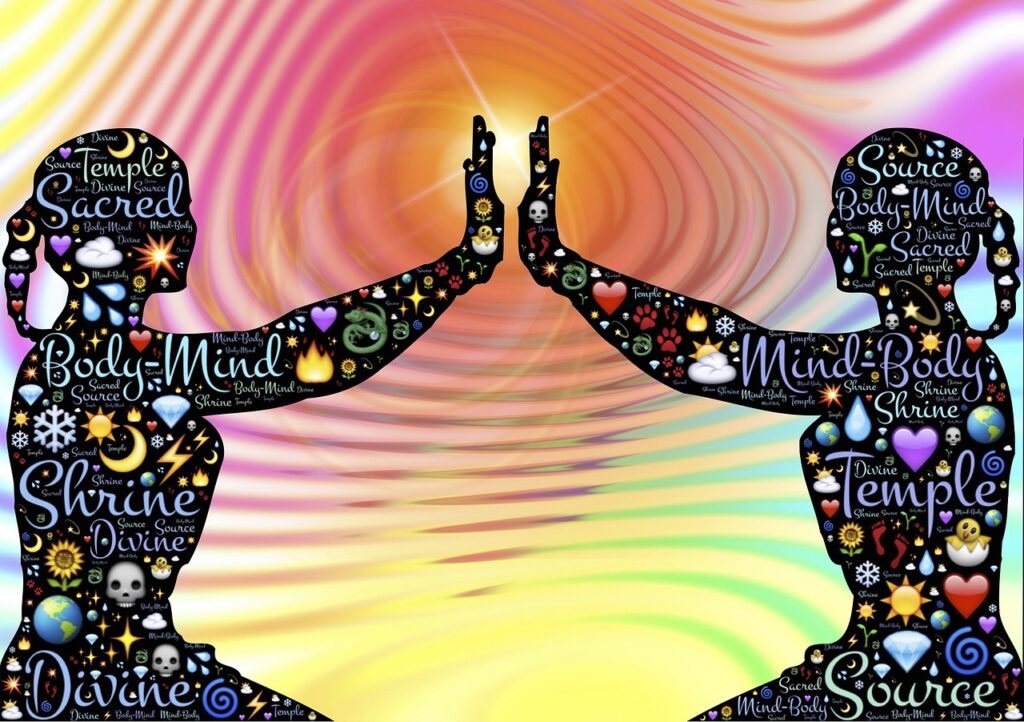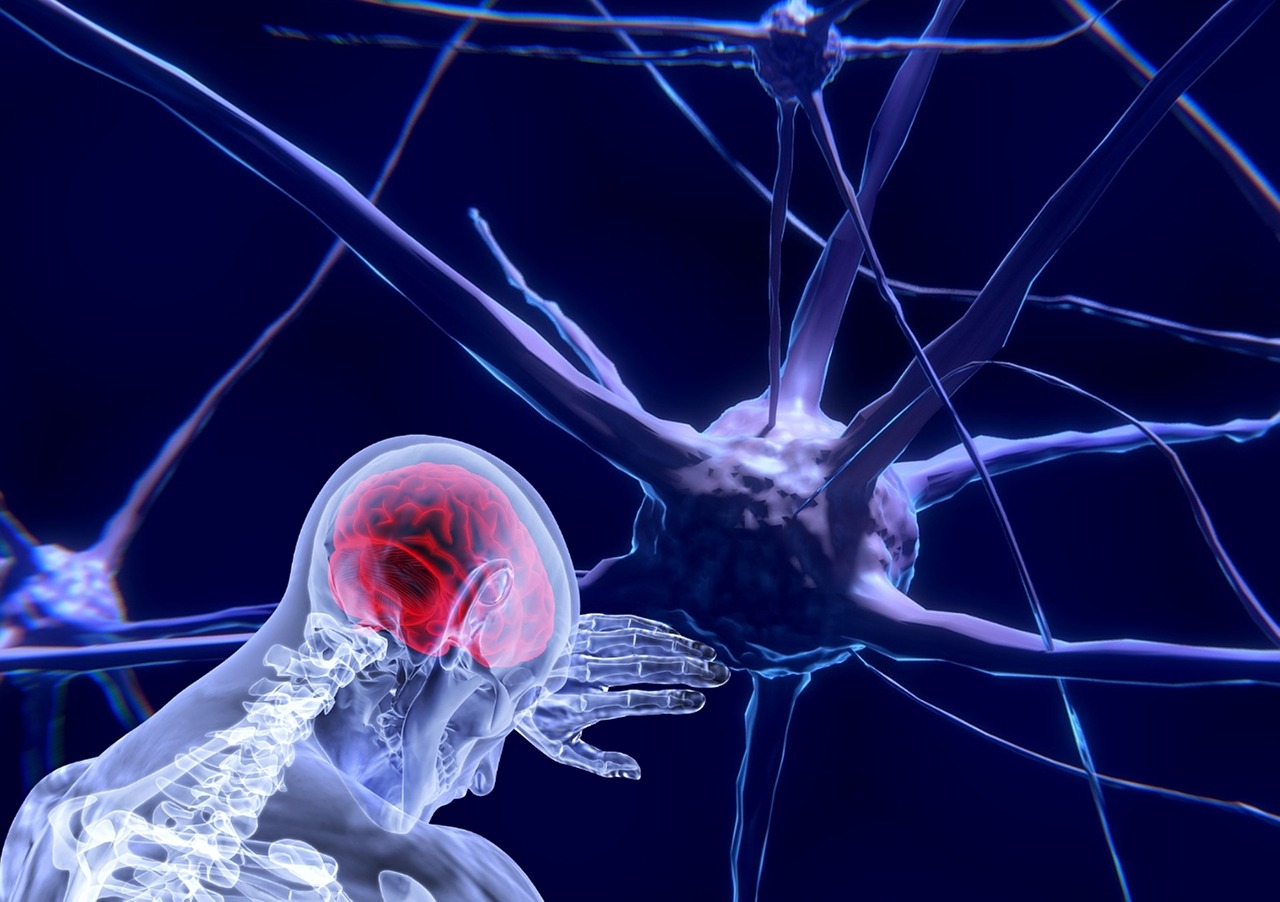Mind-Body Connection: Nurturing Harmony for Holistic Well-being – The intricate relationship between the mind and body has long fascinated humanity. From ancient philosophies to modern scientific research, understanding the mind-body connection has been a journey of exploration and revelation. In this article, we delve into the depths of this profound connection, examining its historical roots, scientific underpinnings, and practical applications for a healthier, more balanced life.

Introduction
A. Definition of the Mind-Body Connection
The mind-body connection refers to the intricate interplay between our mental and physical well-being. It suggests that our thoughts, emotions, and attitudes can impact our physical health, and vice versa.
B. Significance in Health and Wellness
Recognizing the importance of the mind-body connection is crucial for achieving holistic health and wellness. It goes beyond treating symptoms to address the root causes of various health issues.
Historical Perspective
A. Ancient Views on Mind-Body Connection
Ancient cultures, such as those in India and China, embraced the idea of mind-body unity through practices like yoga and meditation. These traditions laid the groundwork for understanding the profound link between mental and physical states.
B. Evolution of Modern Understanding
The Renaissance and Enlightenment periods sparked a renewed interest in the mind-body connection, with philosophers and scientists exploring the relationship between consciousness and the body. This intellectual evolution paved the way for contemporary scientific investigations.
Scientific Basis
A. Neurological Correlations
Advancements in neuroscience have revealed intricate neurological pathways connecting the brain and body. Neurons, hormones, and neurotransmitters play key roles in transmitting signals that influence both mental and physical functions.
B. Hormonal Influence
Hormones, such as cortisol and adrenaline, released during stress or relaxation, exemplify the direct impact of mental states on physiological responses. Understanding these hormonal influences is integral to comprehending the mind-body connection.
C. Psychoneuroimmunology
The interdisciplinary field of psychoneuroimmunology explores how mental states influence the immune system, shedding light on the connection between psychological well-being and physical health.
Impact on Mental Health
A. Stress and Its Physiological Effects
Chronic stress can have detrimental effects on mental and physical health, contributing to conditions like anxiety and depression. Recognizing stressors and implementing coping mechanisms is essential for maintaining a balanced mind-body connection.
B. Mind-Body Techniques for Mental Well-being
Mindfulness, meditation, and other mind-body practices have demonstrated efficacy in alleviating mental health challenges. Integrating these techniques into daily life can enhance emotional resilience and foster a positive mindset.
Connection to Physical Health
A. Influence on Chronic Conditions
Conditions such as cardiovascular diseases and autoimmune disorders can be influenced by the mind-body connection. Holistic approaches that address both mental and physical aspects are gaining prominence in treatment strategies.
B. Role in Recovery and Healing
The mind-body connection plays a crucial role in the recovery process. Positive thoughts, emotions, and a supportive mental environment contribute to healing and overall well-being.
Holistic Approaches
A. Integrative Medicine
Integrative medicine combines conventional medical practices with complementary therapies, recognizing the importance of treating the whole person rather than isolated symptoms. This approach emphasizes the mind-body connection in healthcare.
B. Mind-Body Practices
Yoga, tai chi, and other mind-body practices offer a holistic approach to health, incorporating physical movements, breathwork, and mindfulness to promote overall well-being.
Mind-Body Connection in Everyday Life
A. Stress Management Tips
Simple lifestyle adjustments, such as maintaining a balanced diet, regular exercise, and adequate sleep, contribute to managing stress and fostering a strong mind-body connection.
B. Healthy Habits for a Balanced Connection
Cultivating healthy habits, such as staying hydrated, practicing gratitude, and fostering positive relationships, supports a harmonious mind-body connection in day-to-day life.
The Power of Positive Thinking
A. Mindset and Its Effects
Positive thinking can significantly impact mental and physical health. Cultivating a positive mindset contributes to resilience, reduces stress, and enhances overall well-being.
B. Shifting Perspectives for Better Health
Changing perspectives and adopting a growth mindset are powerful tools for enhancing the mind-body connection. Embracing challenges as opportunities for growth can lead to improved mental and physical outcomes.
Mind-Body Techniques for Daily Practice
A. Meditation and Mindfulness
Incorporating meditation and mindfulness into daily routines fosters a heightened awareness of the mind-body connection. These practices promote relaxation, reduce stress, and enhance overall mental clarity.
B. Yoga and Physical Wellness
Yoga, with its combination of physical postures, breath control, and meditation, offers a comprehensive approach to physical wellness and mental balance. Regular practice contributes to a strengthened mind-body connection.
Mind-Body Connection and Professional Success
A. Enhancing Cognitive Functions
A strong mind-body connection positively impacts cognitive functions, including concentration, memory, and problem-solving skills. Individuals with a balanced mind-body relationship often experience increased productivity and creativity.
B. Building Emotional Intelligence
Understanding and managing one’s emotions is a key aspect of the mind-body connection. Emotional intelligence contributes to effective communication, leadership, and overall success in professional endeavors.
Challenges in Maintaining a Strong Connection
A. Modern Lifestyle and Disconnect
The fast-paced, technology-driven modern lifestyle can create challenges in maintaining a strong mind-body connection. Strategies for overcoming these obstacles include digital detox, mindful breaks, and intentional self-care.
B. Overcoming Obstacles
Identifying and addressing obstacles to the mind-body connection is crucial for sustained well-being. Mindfulness practices, self-reflection, and seeking support are valuable tools in overcoming challenges.
Personal Stories and Experiences
A. Real-life Narratives
Exploring real-life experiences of individuals who have strengthened their mind-body connection provides inspiration and insights. Personal stories showcase the transformative power of fostering a harmonious relationship between the mind and body.
B. Lessons Learned
Extracting valuable lessons from personal narratives emphasizes the diverse paths individuals can take to nurture their mind-body connection. Each journey is unique, yet collectively they underscore the universal importance of holistic well-being.
Future Perspectives
A. Advancements in Mind-Body Research
Ongoing research in fields such as neurology, psychology, and holistic medicine continues to unveil new dimensions of the mind-body connection. Advancements in understanding and applying this knowledge hold promise for future well-being practices.
B. Potential Applications
The potential applications of a robust mind-body connection extend beyond individual well-being to societal and global impacts. Recognizing the interconnectedness of mental and physical health can lead to more compassionate and effective approaches to healthcare.
Conclusion
A. Recap of Key Points
The mind-body connection is a dynamic and integral aspect of our overall health and wellness. Acknowledging its influence empowers individuals to take proactive steps toward a balanced and fulfilling life.
B. Encouragement for Mind-Body Awareness
Embracing practices that nurture the mind-body connection is an ongoing journey. By prioritizing mental and physical well-being, individuals can experience improved quality of life, resilience, and a profound sense of harmony.
FAQs
A. How can I strengthen my mind-body connection?
To strengthen your mind-body connection, consider incorporating practices such as meditation, mindfulness, and regular physical activity into your routine. These activities promote awareness, relaxation, and overall well-being.
B. Are there specific exercises to enhance the mind-body relationship?
Yes, exercises like yoga and tai chi are specifically designed to enhance the mind-body connection. These practices combine physical movements, breathwork, and mindfulness to promote holistic well-being.
C. Can the mind-body connection impact chronic pain?
Yes, the mind-body connection can influence chronic pain. Mind-body techniques, including relaxation exercises and cognitive-behavioral strategies, may contribute to pain management by addressing both the physical and psychological aspects of discomfort.
D. What role does nutrition play in the mind-body connection?
Nutrition plays a crucial role in the mind-body connection. A balanced diet rich in essential nutrients supports both mental and physical health. Hydration, in particular, is essential for optimal cognitive function.
E. Are there age-related considerations for cultivating a strong mind-body link?
Cultivating a strong mind-body link is beneficial at any age. However, as individuals age, adapting practices to suit physical capabilities and preferences becomes important. It’s never too early or too late to prioritize the mind-body connection for overall well-being.




